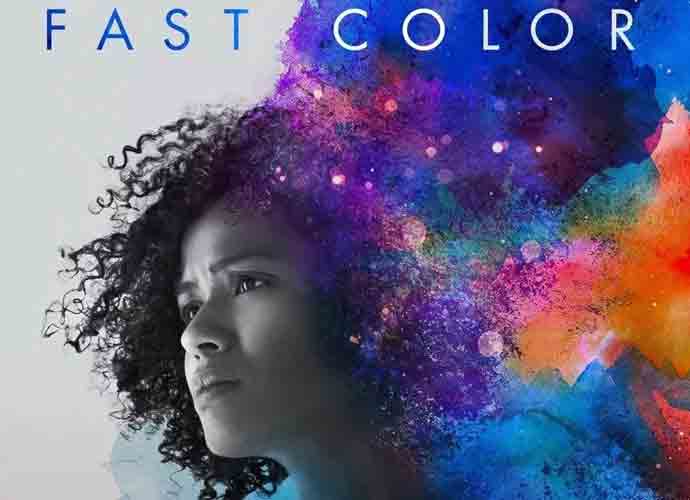‘Fast Color’ Blu-Ray Review: A Bold Superhero Origin Story

3.5/5
Superhero films are a cultural phenomenon, something proven by the success of the Marvel Cinematic Universe. While superhero movies shouldn’t be written off in terms of literary potential or merit, they are often formulaic; hero fights villain, hero beats villain, credits roll, we get a tease for a sequel. However, some entries in the genre reject these strict confines, from the subversive antics of Deadpool to this year’s Fast Color. Fast Color is a drama directed by Julia Hart, who also wrote it alongside Jordan Horowitz.
FAST COLOR BLU-RAY REVIEW
Contrasting bombastic affairs like Captain Marvel, Fast Color is a more nuanced origin story. It’s presumably set somewhere in the American Midwest, sometime during a severe, eight-year drought. It’s a grim, intriguing depiction of an Earth that’s slowly dying. Water is a sparse resource (a single bottle of it costs $28), and the opening narration weens us into the environment by showing withered farmlands incapable of growing crops. The film’s color grade brilliantly accentuates this world’s desperation; all of the landscapes and characters are presented in a muted, desaturated palette for the majority of Color’s 100-minute runtime.
Drifting across the countryside is the emotionally battered Ruth (Gugu Mbatha-Raw), who suffers from seizers that trigger earthquakes. She has a mother and daughter, both of whom are in hiding. They’re gifted with their own power, the ability to disintegrate objects and reconstruct them (their ability to “fix” things becomes an allegory for fixing Ruth, a recovering drug addict). Color concerns itself with exploring its characters’ interpersonal relationships, something it achieves through a sedated, intimate pace (the second act significantly slows down to deliver exposition and showcase the family bonding) and strong performances from its actors.
In the 15-minute making of feature (which is regrettably the Blu-ray’s only noteworthy extra aside from a commentary track), Hart and her crew discuss how Color is powered by themes of motherhood and how parents pass the torch onto their child. Sci-fi stories and superhero stories historically feature less female leads than male ones, and both genres, in Hart’s opinion, have shifted away from emphasizing human struggles. Color lacks the budget or spectacle of a Justice League or Avengers: Endgame (though it does follow their example in one case, by teasing a followup), but it proves those aren’t needed to deliver a compelling narrative. Fast Color is grounded and relatable in ways most of its peers aren’t, and that makes it a valuable outlier among the many superhero flicks on the market.
RELATED ARTICLES
Get the most-revealing celebrity conversations with the uInterview podcast!






Leave a comment